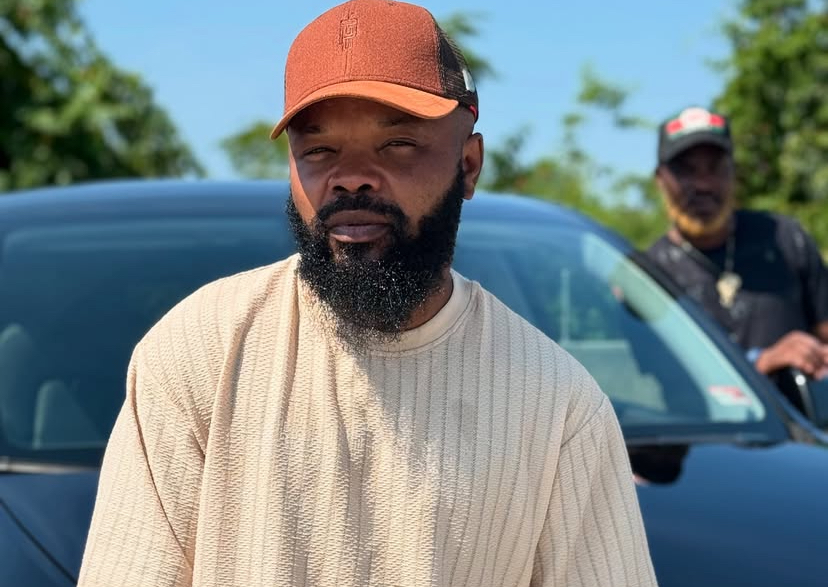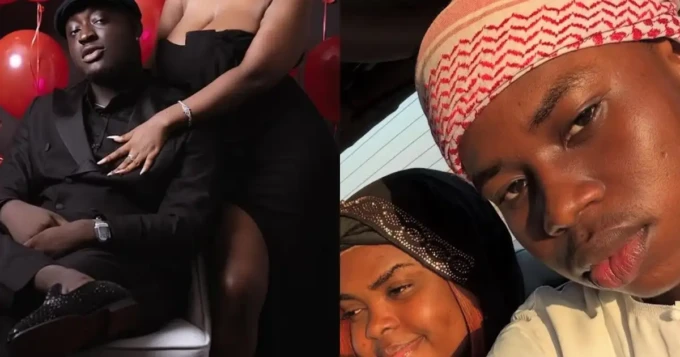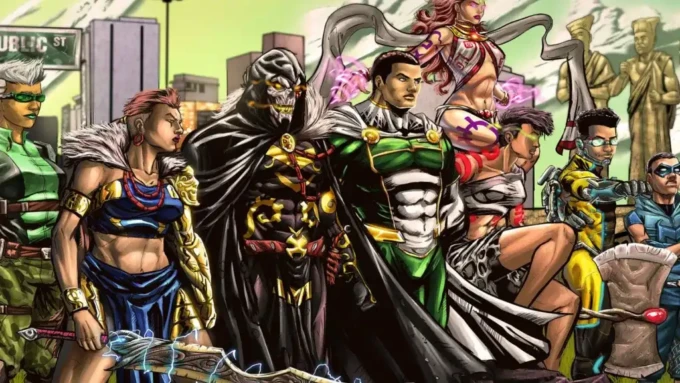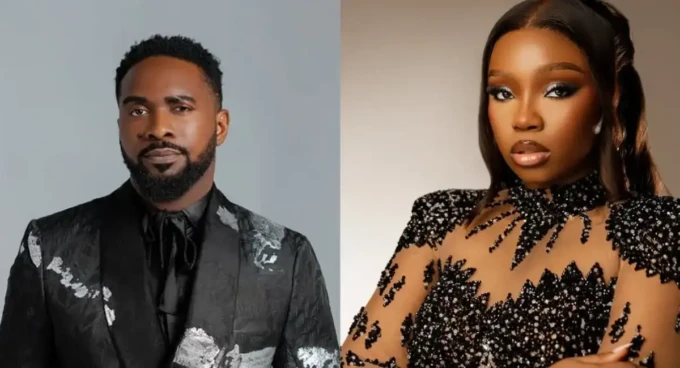Media personality Chinedu Ani, better known as Nedu, took center stage at a press conference in Lagos on February 22, 2025, to tackle allegations hurled at him by the polarizing social media figure Very Dark Man. Among the accusations was a claim that Nedu had engaged in an intimate relationship with content creator Jojo of Lele in exchange for career advancement opportunities. With characteristic poise, Nedu dismissed these assertions as unfounded, emphasizing their lack of substantiation and framing them as mere noise in his long career.
“Do you know how long I have been doing this? Do you know how many years I have been in this industry?” Nedu asked rhetorically, underscoring his resilience amid past attacks. “I have had people call me weird names. It’s not everything people say that one will reply to. One thing I have learnt as a broadcast journalist is that what one fans is what continues. All these things are just hearsay, he said, she said. Where is the proof?” His response highlighted a seasoned perspective, suggesting that engaging every rumor only amplifies it—a lesson drawn from decades in media.
Nedu pivoted to his core mission, asserting that his work has consistently aimed to uplift others. “My life is one of adding value to people. If whatever I do is not going to add value, I don’t do it,” he declared. He pointed to his platforms—both his podcast Honest Bunch and his radio shows—as vehicles for empowerment, citing examples like aiding married women and rape victims in finding their voices. “Even when you are still hitting me, I will hail you,” he added, painting himself as a peacemaker whose kindness has occasionally been a point of contention with his management, who deem him “too nice.”
The press conference also touched on Nedu’s decision to host comedian Deeone, a vocal critic of Very Dark Man, on Honest Bunch. When asked if he regretted the invitation amid the ensuing backlash, Nedu stood firm. “No, I don’t. Everybody is entitled to an opinion on the platform. It’s for anybody and for everybody,” he said, celebrating the podcast’s transformative impact. “People’s lives have changed from that same platform,” he noted, referencing beloved episodes that resonate with fans. Deeone’s appearance, he argued, was simply one voice among many, not a misstep to rue.
However, the tone shifted as Nedu announced a radical change in his demeanor. “That nice part of Nedu is dead and buried. No more Mr. Nice Guy,” he proclaimed, signaling an end to his accessibility. “I was too accessible, and I was used by lots of people. If you think you have my number, think again. Delete it because I am done being nice.” This pivot suggests a response to perceived exploitation, marking a new chapter for the broadcaster who now vows to guard his boundaries fiercely.
The controversy aligns with Nedu’s broader narrative of resilience and reinvention, as seen in related developments like his scholarship initiative and partnerships with UK schools to support Nigerian talent. Yet, it also echoes sentiments from peers, like Deeone’s regret over Nedu stepping back from Honest Bunch. For Nedu, this moment is less about the allegations—lacking evidence as they are—and more about reclaiming control over his narrative. As he moves forward, “unreachable” and unapologetic, Nedu’s evolution from a genial media figure to a guarded veteran promises to reshape how he navigates fame, controversy, and the value he holds dear.












Im not buying Nedus sudden shift. Seems a bit too convenient. Whats the real story here? #MrNiceGuy #DramaAlert
I think Nedus new persona is refreshing! Its exciting to see him break away from the Mr. Nice Guy image.
I dont buy Nedus sudden shift. Seems like a PR move to me. Cant trust these celebs! #StayWoke 🕵️♂️
I dont buy the sudden shift in Nedus persona. Seems like a PR stunt to me. What do you guys think?
I think Nedus new direction is refreshing! Its exciting to see him break away from his usual image. Cant wait to see whats next!
I think Nedus new persona is refreshing! Its cool to see him shake things up and challenge stereotypes.
I think Nedus change in persona is refreshing! Its cool to see him switch things up. Cant wait to see whats next!
I dont buy Nedus sudden change in persona. Seems like a publicity stunt to me. What do you guys think?